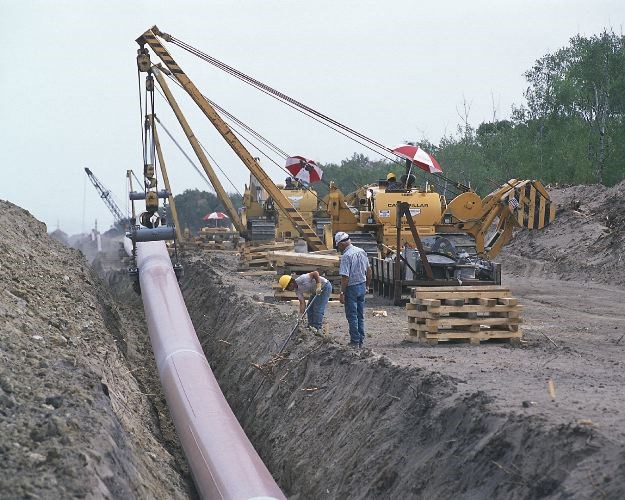Chris Kennedy's narrow focus on pipeline engineers ethics of putting an engineering stamp on new pipeline projects stretches the limit of codes of ethics. Engineers have a responsibility for safety, functionality and whether projects meet existing rules and regulations. To hold pipeline engineers to a higher standard of accountability of global warming and the impacts of hydrocarbon use, pushes the boundary of what one group of engineers are liable for in a current global addiction to the use of oil and the many by products of oil.
If pipeline engineers are unethical, society in general is unethical.
Chris Kennedy is questioning the ethics of fossil fuel use. Why is his focus on one group of specialized group of engineers?
The switch to an electrical society has many pitfalls and potential environmental impacts of heavy industrial sized electrical production. Kennedy says that China builds enough windmills every 1-2 years to meet the needs of B.C.'s 4.5 million people. But China has 1.4 billion people, over 300 times the population of B.C. If China were to build enough windmills to power their massive population and perhaps even more windmills to power the future use of electric cars, I wonder if any birds would be able to survive in China.
The idea of a carbon reduced society has merits, but limiting the discussion to restricting future oil pipelines without a feasible, well thought out plan to replace carbon fuels is ridiculous. Kennedy acknowledges that the world cannot switch off fossil fuel overnight, and says that says that building new fossil fuel infrastructure could be stopped. I take issue with this, as in B.C. the existing Kinder Morgan Trans Mountain pipeline is 67 years old and is at the end of its designed life.
I would suggest that not building new infrastructure like the Kinder Morgan Trans Mountain expansion may be unethical. Part of the expansion project was to upgrade the existing line after the completion of the new line. Pushing existing infrastructure past its designed life is a poor choice.
Pipeline engineers are currently stamping the use of a pipeline that is due for an upgrade. Will the day come when pipeline engineers condemn the existing line as worn out? How will the University of Victoria and Vancouver Island survive without a secure source of diesel and gasoline from Alberta? I guess they would have to import refined oil from China or somewhere else. Engineers also have a code of ethics to ensure that existing pipelines are kept up to date and as safe as possible.
The ethics of pipeline engineers is tied to the overall worldwide population. When the world decides to stop an overuse of hydrocarbon fuels, pipeline engineers will have to find safe ways to downsize and perhaps decommission pipelines, not just in Canada but around the world.
The global addiction to fossil fuel is a global problem, not just a pipeline engineering ethical problem.
Wayne Martineau,
Fraser Lake



